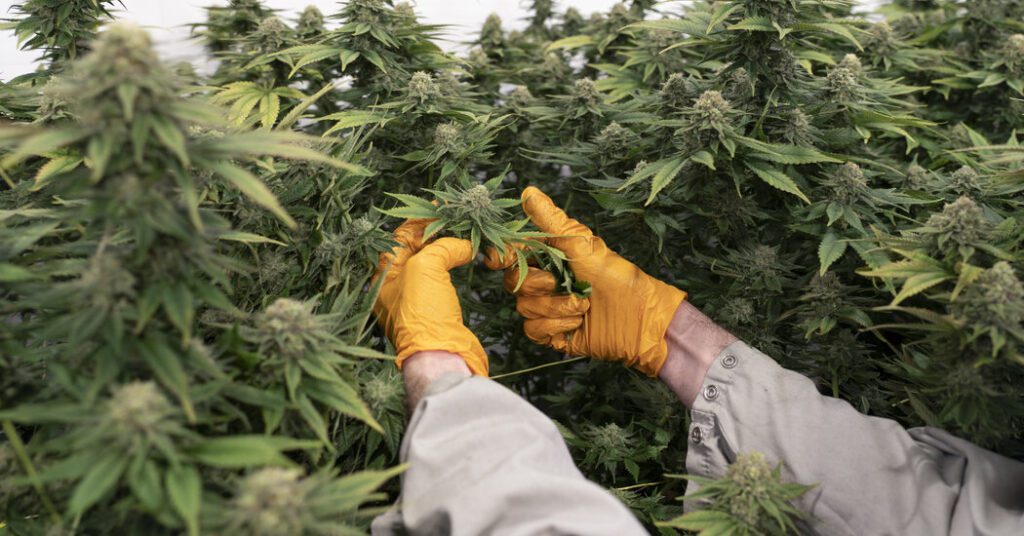Cannabis Use and Dementia Risk in Older Adults: Key Findings from Canadian Study
Study Overview
A recent comprehensive study conducted in Canada reveals concerning links between cannabis use and dementia among middle-aged and older adults. Analyzing medical records from over six million individuals in Ontario between 2008 and 2021, the researchers aimed to understand the cognitive implications of cannabis use in this demographic.
Key Findings
- Adults aged 45 and older, seeking medical help tied to cannabis use, had nearly double the likelihood of developing dementia over five years compared to the general population.
- Those seeking care for reasons unrelated to cannabis exhibited a 23% lower risk of dementia compared to cannabis users, indicating a significant association between cannabis use and cognitive impairments.
- Among adults with acute-care visits due to cannabis, 5% were diagnosed with dementia within five years, against 3.6% among those treated for other health issues and only 1.3% in the general population.
Expert Insights
Dr. Daniel T. Myran, the first author of the study published in JAMA Neurology, emphasizes that while the findings are alarming, they don’t definitively establish causality between cannabis use and dementia. He highlights the need for further exploration into this complex relationship, which is compounded by other health and demographic factors.
“Figuring out whether or not cannabis use or heavy regular chronic use causes dementia is a challenging and complicated question that you don’t answer in one study,” said Dr. Myran, who is also an assistant professor at the University of Ottawa.
Compounding Factors
Research indicates that older adults using cannabis may exhibit tendencies toward heavier use as a potential self-medication method for early cognitive decline symptoms. Dr. Myran cautions against interpreting the findings as proof that cannabis use directly causes dementia, as other underlying health conditions could contribute to this risk.
Broader Implications for Older Adults
The findings of this study come amidst a notable rise in cannabis-related medical visits among older adults. Data show a more than fivefold increase in visits among those 45 and older from 2008 to 2021, with astonishingly high growth among seniors aged 65 and up, where visits increased nearly 27-fold.
Comparative Risks
Dr. Myran’s research aligns with other studies indicating that individuals with cannabis use disorders may have adverse health outcomes, including a higher mortality rate and increased instances of psychosis and schizophrenia.
Cognitive Decline and Cannabis
Numerous studies have assessed the impacts of cannabis on cognitive function, reporting various deficits in areas such as verbal learning, memory, and attention. Additionally, veteran populations with traumatic brain injuries alongside cannabis use disorders also demonstrate increased risks for early-onset dementia.
Conclusion
The recent research contributes to the ongoing discourse surrounding cannabis use and health outcomes among older adults, posing a powerful reminder that while cannabis may be considered harmless by some, its potential risks warrant closer scrutiny.
Next Steps
As the body of research expands, it is essential for health professionals and patients alike to consider these findings seriously and engage in informed discussions regarding cannabis use. Further studies are necessary to unravel the complexities of this association and provide clarity on the long-term cognitive implications of cannabis consumption in older populations.


